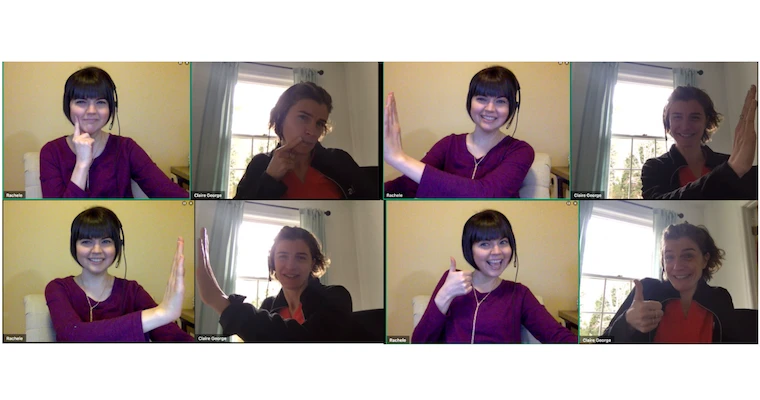
The Genius of Working in Solitude
It is rare to sit in the presence of true genius. I had that privilege a few months ago when three recipients of the MacArthur Genius Grants discussed their work at an event held in Washington, DC. An audience member asked one of the fellows, a renowned author, to share how her grant changed the way she works. I was unprepared for her response.
“It afforded me the time, space, and solitude to be creative,” she said. “I wish every writer could afford that.”
Solitude helped her be more creative? This sounds counterintuitive. The current U.S. work culture puts a premium on in-person connections. This is the age of open floor plans, taking your seat at the head of the table, and making sure your presence is felt.
This in-person emphasis is not without merit; strong relationships with colleagues are essential. These relationships help us feel fulfilled at work and carry us through challenging times. The problem is when folks assume that an in-person, open floor plan is the only way to work.
Research tells us that working in an office is not the only way to build connections. A study conducted by Stanford researchers found that employees who worked from home completed 13.5% more work than their office-bound colleagues. Half of respondents to a study by Intel said they are more productive working from home than in an office.
And additional data shows that employees are up to 20% more productive when they work remotely on creative projects. There is a reason why some executives schedule one day per week to tackle the “big stuff” from home. But there is no reason why this should be a privilege reserved for executives — or limited to just one day per week.
I believe that our U.S. work culture would be more creative — and sustainably happy — if we learned how to work well in solitude. This practice empowers you to be:
Healthy The same remote employees who outperformed their in-office colleagues also reported higher levels of happiness, lower levels of sick leave, and decreased likelihood to quit. It should come as no surprise that the happiest, healthiest people produce increased amounts of creative work. Or that remote work gives you the time and space to take care of yourself. It helps you lead a more balanced, sustained life.
Responsive We all deal with information overload. And processing it in a swirl of office noise is counterproductive. Those who work in solitude have the silence they need to address important information. Remote work gives you more time to create what matters and answer incoming requests.
And here’s the paradox: The quieter your work environment is, the more meaningful your interactions are. You can truly focus on each request by giving it your full attention. That is how connections are made.
Productive Remote employees are measured by the output of their work — not face time in an office. This gives you the freedom to work according to your own style, be much more productive, and gain back hours of your time. You can also say goodbye to traffic in the morning. The hours you save by not commuting give you more time to invest in whatever gives you sustainable happiness — including your loved ones.
Successful remote teams value each individual and connect them all to a shared mission. This is an environment where anyone can thrive.
This is also my reality. When I joined Aha! I made the move from an in-person office to a fully remote team. I was apprehensive at first — how could an extrovert like me learn to work without colleagues nearby? I am often asked some variation of this question. My friends can’t picture themselves working in solitude. It sounds too isolating for them to enjoy it.
But working remotely for a responsive team has taught me that working alone does not have to be lonely.
Have you ever worked from home? Did you find that it made you more productive?




